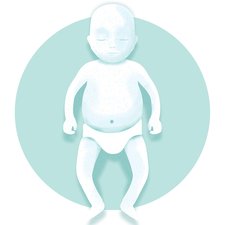
Transforming care for vulnerable babies through the power of human milk fortifiers
How it works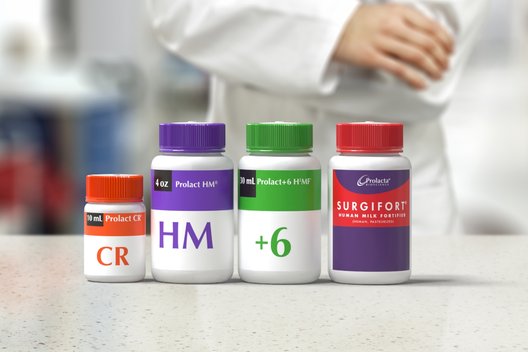
Prolacta makes a difference when it’s all on the line
By unlocking the biological power of human milk, we change the lives of preterm infants around the world. All of our products for preterm infants are clinically proven to improve health and reduce complications 1 Hair AB, Peluso AM, Hawthorne KM, et al. Beyond necrotizing enterocolitis prevention: improving outcomes with an exclusive human milk-based diet [published correction appears in Breastfeed Med. 2017;12(10):663]. Breastfeed Med. 2016;11(2):70-74. doi:10.1089/bfm.2015.0134 Sullivan S, Schanler RJ, Kim JH, et al. An exclusively human milk-based diet is associated with a lower rate of necrotizing enterocolitis than a diet of human milk and bovine milk-based products. J Pediatr. 2010;156(4):562-567. doi:10.1016/j.jpeds.2009.10.040 Cristofalo EA, Schanler RJ, Blanco CL, et al. Randomized trial of exclusive human milk versus preterm formula diets in extremely premature infants. J Pediatr. 2013;163(6):1592-1595. doi:10.1016/j.jpeds.2013.07.011 Abrams SA, Schanler RJ, Lee ML, Rechtman DJ. Greater mortality and morbidity in extremely preterm infants fed a diet containing cow milk protein products. Breastfeed Med. 2014;9(6):281-285. doi:10.1089/bfm.2014.0024 O'Connor DL, Kiss A, Tomlinson C, et al. Nutrient enrichment of human milk with human and bovine milk–based fortifiers for infants born weighing <1250 g: a randomized clinical trial. Am J Clin Nutr. 2018;108(1):108-116. doi:10.1093/ajcn/nqy067. Published corrections appear in Am J Clin Nutr. 2019;110(2):529. doi:10.1093/ajcn/nqz091 and Am J Clin Nutr. 2020;111(5):1112. doi:10.1093/ajcn/nqaa042 Data on file.
Proven and published in over 30 clinical studies

Fueling brain growth for preterm infants with earlier nutritional intervention 8 Huston R, Lee M, Rider E, et al. Early fortification of enteral feedings for infants <1250 grams birth weight receiving a human milk diet including human milk based fortifier. J Neonatal Perinatal Med. 2020;13(2):215-221. doi:10.3233/NPM-190300 Bergner EM, Shypailo R, Visuthranukul C, et al. Growth, body composition, and neurodevelopmental outcomes at 2 years among preterm infants fed an exclusive human milk diet in the neonatal intensive care unit: a pilot study. Breastfeed Med. 2020;15(5):304-311. doi:10.1089/bfm.2019.0210 Hair AB, Bergner EM, Gollins LA, et al. Long-term outcomes at 2 and 5 years from the randomized controlled trial: human milk cream as a supplement to standard fortification of an exclusive human milk-based diet in VLBW infants. Poster presented at: Pediatric Academic Societies Meeting. April 24 – May 1, 2019. Baltimore, MD.
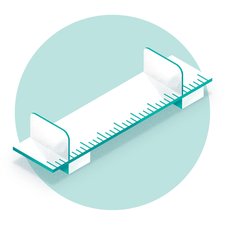
Supports adequate growth for preterm infants 11 Hair AB, Hawthorne KM, Chetta KE, Abrams SA. Human milk feeding supports adequate growth in infants ≤ 1250 grams birth weight. BMC Res Notes. 2013;6:459. doi:10.1186/1756-0500-6-459 Fleig L, Hagan J, Lee ML, Abrams SA, Hawthorne KM, Hair AB. Growth outcomes of small for gestational age preterm infants before and after implementation of an exclusive human milk-based diet. J Perinatol. 2021;41(8):1859-1864. doi:10.1038/s41372-021-01082-x
Surgifort® — The first and only human milk-based nutrition option approved by the US FDA for term infants
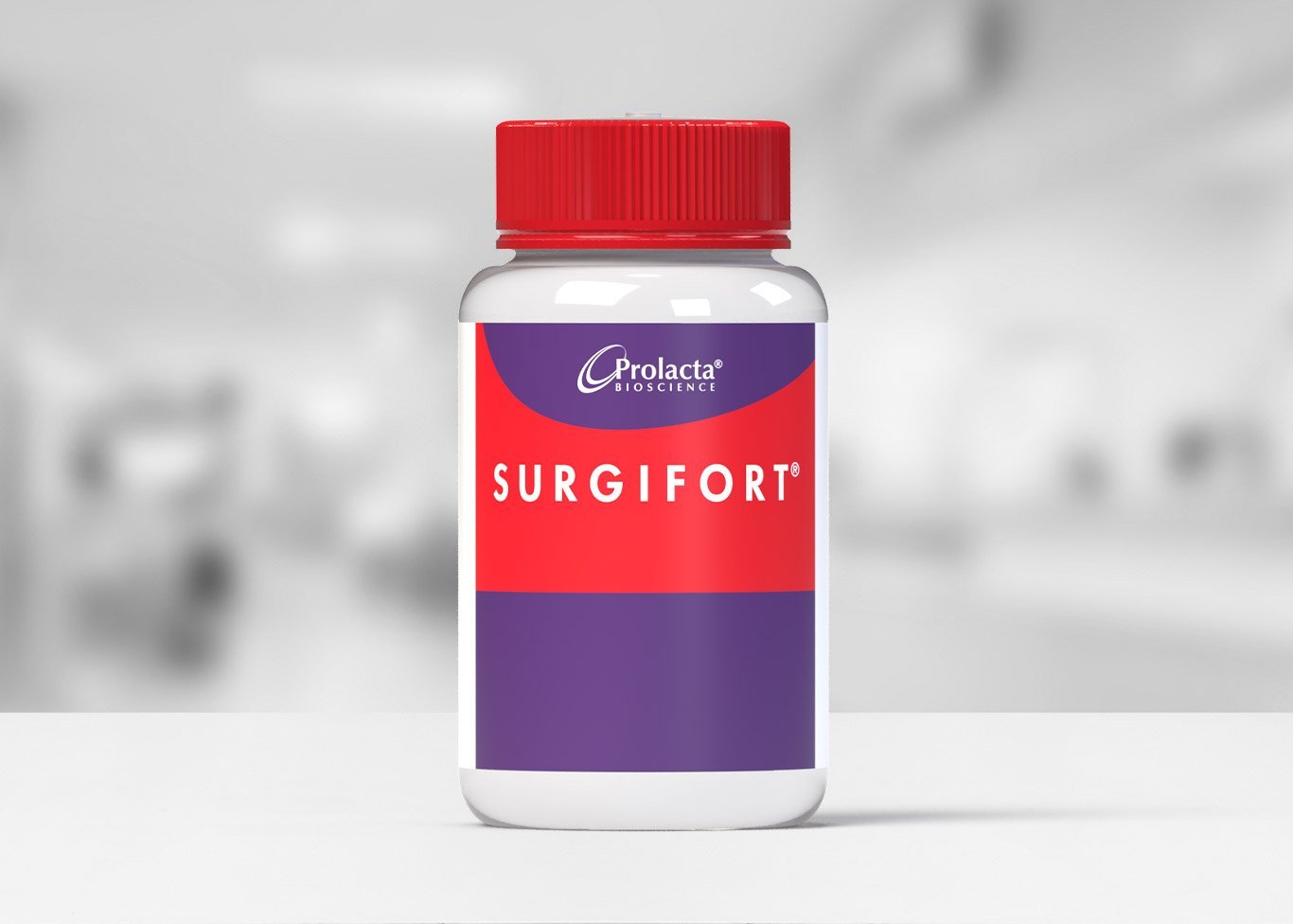
Prolacta’s dedication to improving outcomes for babies using human milk nutrition inspired the research and development of Surgifort® fortifier. Developed for critically ill infants, Surgifort fortifier was created to improve the outcomes of these small patient populations. Gastroschisis occurs in 1 of 2400 births in the US.14 Gastroschisis. Centers for Disease Control and Prevention. Updated November 21, 2024. Accessed January 30, 2025. https://www.cdc.gov/birth-defects/about/gastroschisis.html#
Setting the bar at state of the art
Operating the world’s first pharmaceutical-grade human milk processing facilities, we utilize vat pasteurization and a patented manufacturing process to retain the highest levels of essential bioactive components while ensuring pathogen inactivation.13 Lonnerdal B. Bioactive proteins in human milk-potential benefits for preterm infants. Clin Preinatol. 2017;44(1):179-191. doi:10.1016/j.clp.2016.11.013
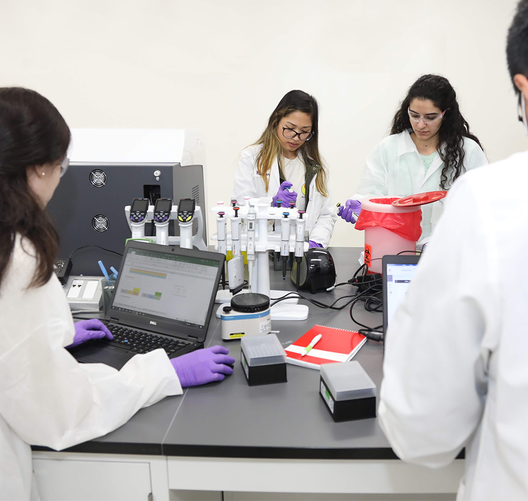

Unlock the power of human milk
Bring Prolacta products into your NICU
-
1
Identify desired clinical outcomes – such as reducing time to full feeds – and the anticipated economic outcomes
-
2
Get in contact with us to determine an optimal feeding protocol, as well as support for coding, billing, and reimbursement
-
3
Prepare your facility with implementation, staff training, and parent education
Parents be aware

NEC risk for premature infants
Lawsuits about cow milk-based nutrition used in NICUs and the life-threatening intestinal disease called NEC have worried many parents. Prolacta Bioscience isn't involved in any of these lawsuits, but the matter has highlighted why our 100% human milk-based nutrition is beneficial for the tiniest preemies.
Parent Support Hotline
Citations
1 Hair AB, Peluso AM, Hawthorne KM, et al. Beyond necrotizing enterocolitis prevention: improving outcomes with an exclusive human milk-based diet [published correction appears in Breastfeed Med. 2017;12(10):663]. Breastfeed Med. 2016;11(2):70-74. doi:10.1089/bfm.2015.0134
2 Sullivan S, Schanler RJ, Kim JH, et al. An exclusively human milk-based diet is associated with a lower rate of necrotizing enterocolitis than a diet of human milk and bovine milk-based products. J Pediatr. 2010;156(4):562-567. doi:10.1016/j.jpeds.2009.10.040
3 Cristofalo EA, Schanler RJ, Blanco CL, et al. Randomized trial of exclusive human milk versus preterm formula diets in extremely premature infants. J Pediatr. 2013;163(6):1592-1595. doi:10.1016/j.jpeds.2013.07.011
4, Abrams SA, Schanler RJ, Lee ML, Rechtman DJ. Greater mortality and morbidity in extremely preterm infants fed a diet containing cow milk protein products. Breastfeed Med. 2014;9(6):281-285. doi:10.1089/bfm.2014.0024
5 O'Connor DL, Kiss A, Tomlinson C, et al. Nutrient enrichment of human milk with human and bovine milk–based fortifiers for infants born weighing <1250 g: a randomized clinical trial. Am J Clin Nutr. 2018;108(1):108-116. doi:10.1093/ajcn/nqy067. Published corrections appear in Am J Clin Nutr. 2019;110(2):529. doi:10.1093/ajcn/nqz091 and Am J Clin Nutr. 2020;111(5):1112. doi:10.1093/ajcn/nqaa042
6 Data on file.
7 Assad M, Elliott MJ, Abraham JH. Decreased cost and improved feeding tolerance in VLBW infants fed an exclusive human milk diet. J Perinatol. 2016;36(3):216-220. doi:10.1038/jp.2015.168
8 Huston R, Lee M, Rider E, et al. Early fortification of enteral feedings for infants <1250 grams birth weight receiving a human milk diet including human milk based fortifier. J Neonatal Perinatal Med. 2020;13(2):215-221. doi:10.3233/NPM-190300
9 Bergner EM, Shypailo R, Visuthranukul C, et al. Growth, body composition, and neurodevelopmental outcomes at 2 years among preterm infants fed an exclusive human milk diet in the neonatal intensive care unit: a pilot study. Breastfeed Med. 2020;15(5):304-311. doi:10.1089/bfm.2019.0210
10 Hair AB, Bergner EM, Gollins LA, et al. Long-term outcomes at 2 and 5 years from the randomized controlled trial: human milk cream as a supplement to standard fortification of an exclusive human milk-based diet in VLBW infants. Poster presented at: Pediatric Academic Societies Meeting. April 24 – May 1, 2019. Baltimore, MD.
11 Hair AB, Hawthorne KM, Chetta KE, Abrams SA. Human milk feeding supports adequate growth in infants ≤ 1250 grams birth weight. BMC Res Notes. 2013;6:459. doi:10.1186/1756-0500-6-459
12 Fleig L, Hagan J, Lee ML, Abrams SA, Hawthorne KM, Hair AB. Growth outcomes of small for gestational age preterm infants before and after implementation of an exclusive human milk-based diet. J Perinatol. 2021;41(8):1859-1864. doi:10.1038/s41372-021-01082-x
14 Gastroschisis. Centers for Disease Control and Prevention. Updated November 21, 2024. Accessed January 30, 2025. https://www.cdc.gov/birth-defects/about/gastroschisis.html#
13 Lonnerdal B. Bioactive proteins in human milk-potential benefits for preterm infants. Clin Preinatol. 2017;44(1):179-191. doi:10.1016/j.clp.2016.11.013

